In The Media
The outcome of the ISTP research activities and their relevance to tackle societal challenges receive considerable media attention. The most prominent media mentions can be found below. If you are interested in regularly receiving news about the media coverage of the ISTP, you can follow our external page ISTP Twitter profile or subscribe to our external page ISTP Newsletter.
Cost of direct air carbon capture not decreasing as fast as hoped
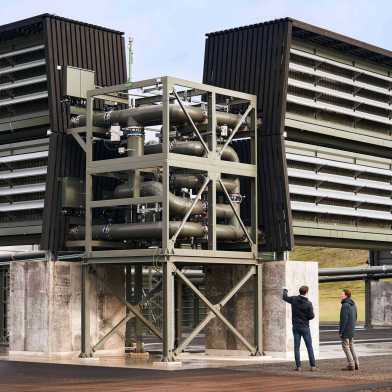
New methodology to project future costs of novel technologies suggests that cost of direct air carbon capture will decrease less than previously hoped. The novel method proposed by ETH researchers combines technology-inherent characteristics with component-based experience curves.
Switzerland's Circular Economy: Is There a Gap Between Intent and Action?
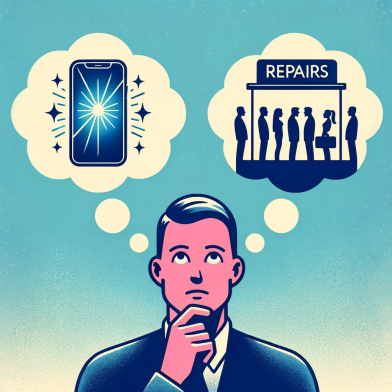
Swiss citizens express strong preferences for a sustainable, circular economy. But do their actions align with their intentions? Sarah Gomm and Clara Brügge shed light on the underlying motivations and barriers.
Exploring the Intersection of Policy and Technology: Yash Dubey's Perspective on his STP Master's Studies
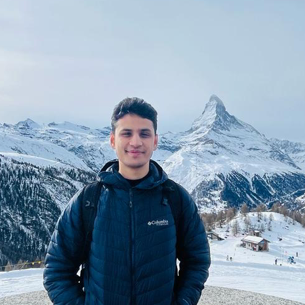
Discover Yash Dubey's journey from the corporate sector to academia as he explores the intersection of policy and technology in his STP Master's studies.
How we can adapt to climate change

Thomas Bernauer contributed to the latest IPCC report on adaptation to climate change. He sees nature and good governance as our most important resources for coping with the effects of climate change. [re-post from ETH Zukunftsblog]
Swiss population prefers strict food waste rules

ETH researchers show that the Swiss population is willing to dig deeper into their wallets to reduce food waste. They prefer government regulations that set strict reduction targets and guarantee transparent monitoring of implementation.
How the Canton of Grisons could be freed from traffic jams
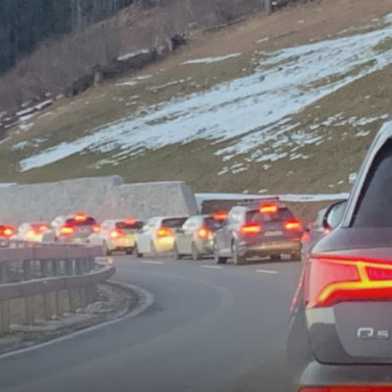
ISTP member Prof. Kay Axhausen spoke about possible solutions to the traffic jams during winter season through the Prättigau (GR) in an interview with Radio SRF 1. He gives his opinion about congestion tolls, construction measures and ways to improve public transport services.
Citizen Science: Knowledge as a weapon in the fight for clean water
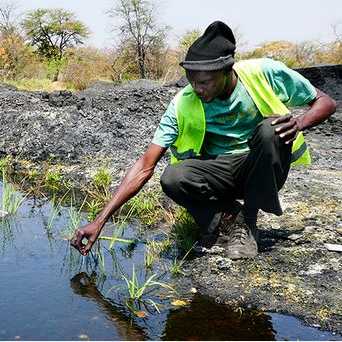
Mining can have serious consequences for nature and the health of the population. Especially in countries of the Global South, where environmental laws are often only inconsistently implemented. In Zimbabwe, people have been fighting water pollution from coal mining for years. But they were powerless against the operators – until doctoral student Désirée Ruppen launched a citizen science project in 2018. [text is inspired by an original Eawag - Aquatic Research report]
"The outcome and extent of the Ukraine crisis are not foreseeable".

Putin's ambiguous threats continue to dominate current crisis diplomacy, says security expert Prof. Dr. Andreas Wenger from ETH Zurich. Military interventions in Ukraine on a local or larger scale cannot be ruled out.
"We need a smart innovation policy"
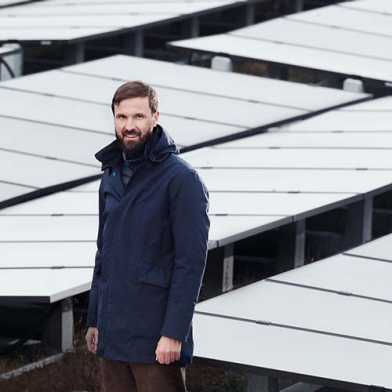
In his interview with ETH Corporate Communications, the ISTP Director Tobias Schmidt talked about decarbonisation, the role of technological transformation and his personal journey from engineer to policy researcher.
Former ISTP student Jan Freihardt interviewed by ETH-Alumni
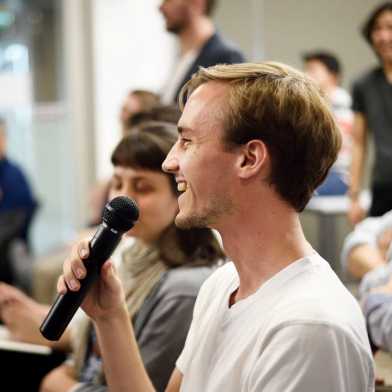
«Is it enough for scientists to simply deliver their findings to politicians and leave it to them to implement the results?» – Science, Technology and Policy graduate Jan Freihardt talks in an interview with ETH-Alumni about his PhD project in Bangladesh, his experience while studying in Zurich and the Wissenschaf(f)t Zukünfte association.
'A smarter, not stricter lockdown is necessary' in the Mail & Guardian

Antoinette van der Merwe and Yael Borofsky wrote an op-ed for the South African newspaper Mail & Guardian on the lockdown in the country.
Mobility behavior in Switzerland during the COVID-19 crisis
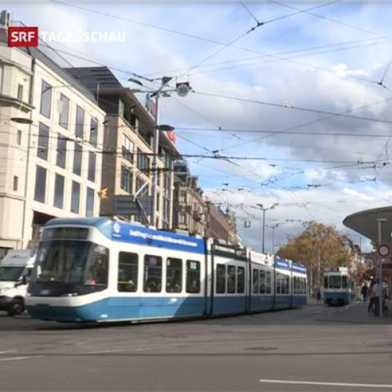
The Swiss Radio and Television (SRF) recently reported on MOBIS: COVID-19 research project, an initiative of ETH Zurich and the University of Basel with the aim of getting a picture of how the pandemic crisis is affecting mobility in Switzerland. The main findings indicate that the population has shifted away from space-efficient large vehicles, such as busses, in light of COVID-19 restrictions. However, car travel and walking have fully recovered in the post-lockdown era.